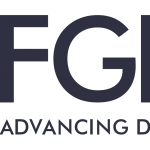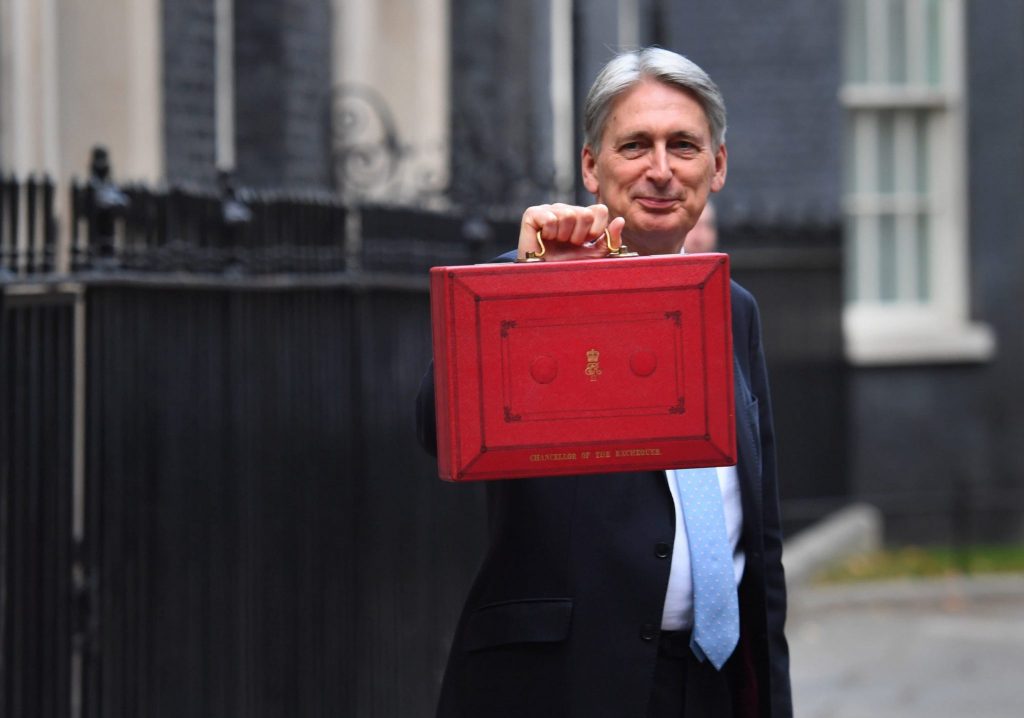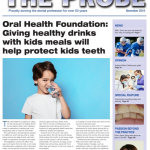The budget has not thrown up many surprises and there seems to be very little mention of the government’s efforts to provide more clarity on employment status as the gig economy continues to evolve. There are parallels that can be drawn between the uncertainties of the employment status of those working in the gig economy, with similar ongoing uncertainty in the dental sector.
The widely covered case concerning Uber drivers is currently being heard in the Court of Appeal. This may confirm the continuing general direction of travel that the courts are likely to find those falling in between the employment status of worker and self-employed contractor to be viewed as workers.
There was a recent announcement that there will be an extension of IR35 to the private sector by 2020. This is not set to affect small businesses but is a step towards addressing perceived loss of tax receipts by contractors, providing services via a personal service company.
What the budget appears to fail in addressing is the need for harmonisation of employment status so far, as HMRC are concerned with the legal employment status of employees, workers and self-employed contractors. Until then, the uncertainty continues for many businesses and those they engage with. This leaves businesses in a precarious position whereby the individual could be paying their own tax as an ‘off payroll contractor’, but at the same time, could be found as a worker by an employment tribunal with some employment rights.
The National Living Wage
The top rate of the national minimum wage (national living wage for those aged 25 and over) will increase from April 2019 from £7.83 to £8.21, which, along with an increase to the personal allowance (the point at which employees begin paying income tax), will increase from £11,850 to £12,500 in April 2019. Early analysis suggests this will make employees approximately £130 better off each year.
The personal allowance will now be frozen until 2020-21, as this increase has been brought in earlier than the government had initially anticipated.
As for the other bands of the national minimum wage, these will be as follows:
| Band | Current Rate (£) | April 2019 (£) | % increase |
| 21-24 year olds | £7.38 | £7.70 | 4.3 |
| 18-20 year olds | £5.90 | £6.15 | 4.2 |
| 16-17 year olds | £4.20 | £4.35 | 3.6 |
| Apprentice Rate | £3.70 | £3.90 | 5.4 |
How this will affect the amount of income tax employees will pay as the increases lift some into the realms of paying the basic rate of tax, ultimately remains to be seen, and there may be further commentary on this from various groups in the coming days.
Looking ahead, the national living wage is set to miss the government target of reaching £9 per hour by 2020 and is, instead (according to the Low Pay Commission), to reach around £8.60-8.75 by 2020 and £9 per hour or more by 2022. It is worth dental practice owners taking note of the forthcoming increases and the forecasts from the Low Pay Commission, as part of assessing future increase in their wage bills.
Apprenticeships
In regard to small and medium sized businesses, there was a welcome announcement to cut the employer contribution to apprenticeship training from a 10% contribution to 5%, as part of a package to support and encourage businesses to take on apprentices. This is an encouraging step being made by the government and should motivate dental practice owners to take on apprentices for the first time or, indeed, increase their intake.
This is likely to only apply to new starters, rather than a retrospective cut to employer contributions.
Self-Funded Work-Related Training
Following a consultation earlier this year, there will be no extension of tax relief for self-funded, work-related training for employees and self-employed individuals.
However, there are plans to introduce a government funded National Retraining Scheme – something employers and employees should keep an eye out for, as this could provide the opportunity for individuals to develop existing skills or learn new ones. Who this scheme will be aimed at and the extent to which it will provide assistance remains to be seen. Practice owners, associate dentists and employees alike should take note of this new initiative, which should provide future opportunities for workers to upskill or develop new skills within their profession.
Caution!
As the terms of a Brexit deal (or no deal) remain to be seen, there may be a series of revisions by the government to mitigate any adversities either way. These revisions may come forward shortly after the country leaves the EU in March 2019 – whether that is from an unscheduled budget or otherwise is, of course, unknown.
Ben Williams of Goodman Grant Solicitors – contact bw@goodmangrant.co.uk
For more information, visit www.goodmangrant.co.ukor contact your nearest office:
London: 0203 114 2133
Leeds: 0113 834 3705
Liverpool: 0151 707 0090

















